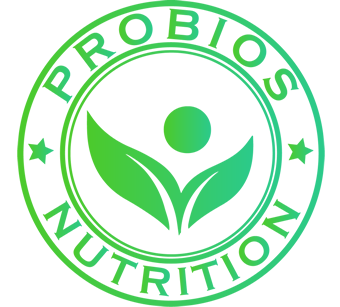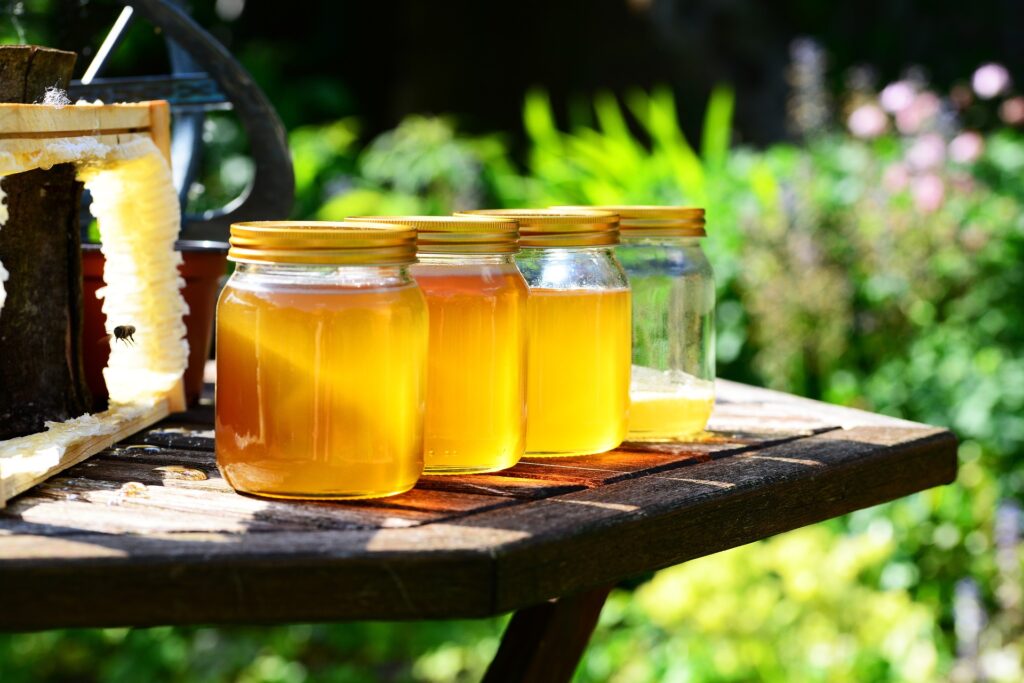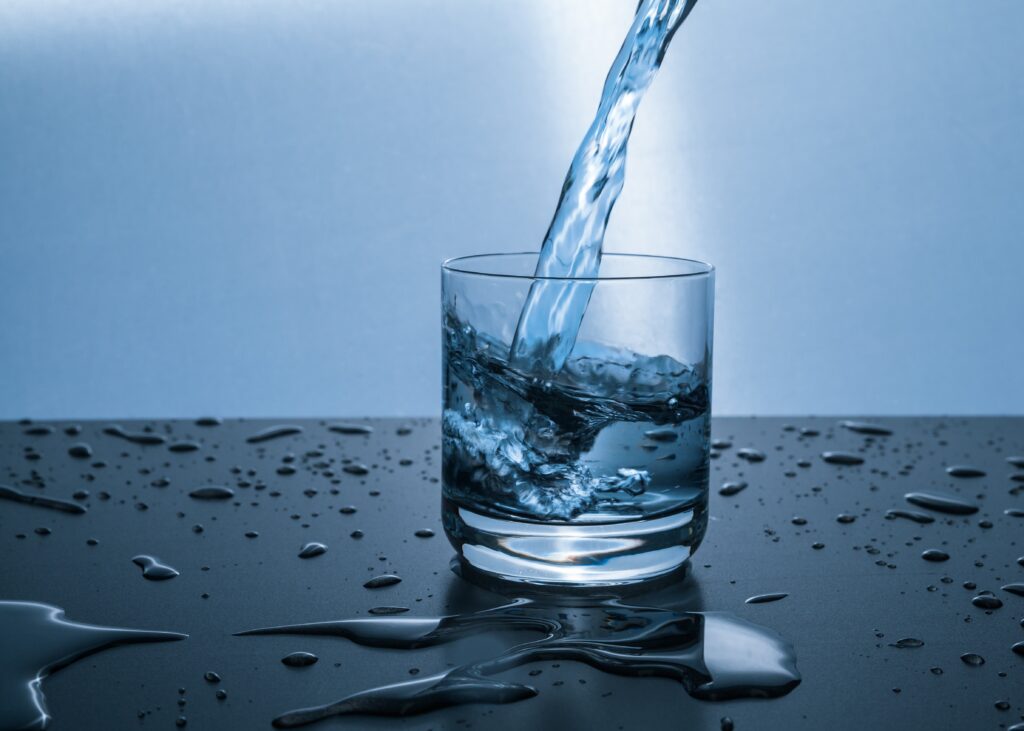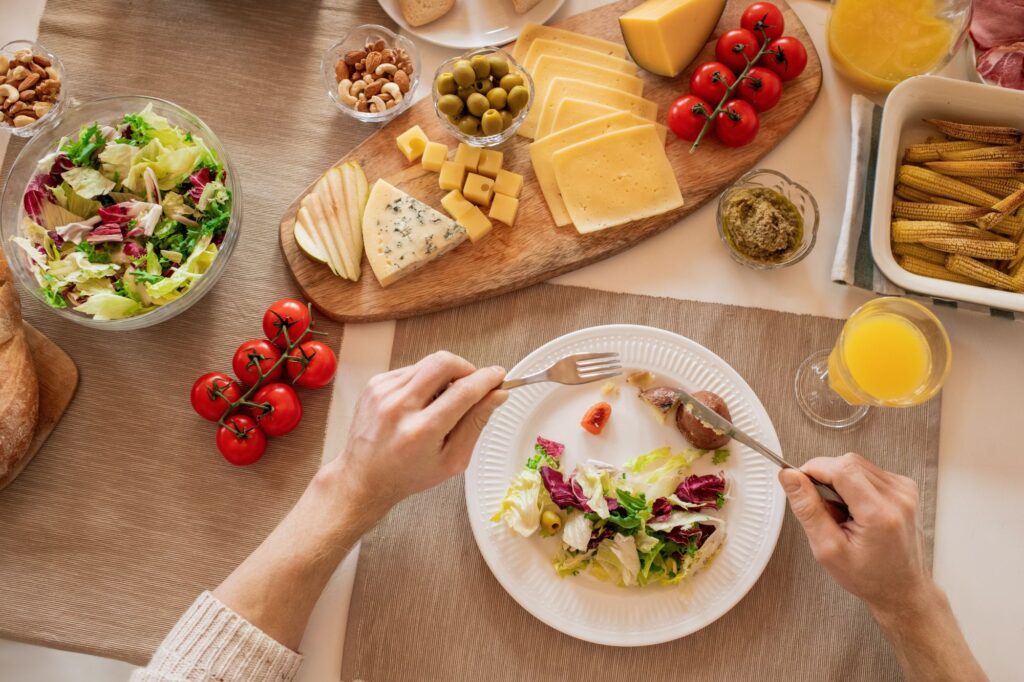Honey
Is there anyone who does not appreciate one of the Earth’s most wonderful and sweetest gifts? HONEY.
Sweet remedy for diabetes, skin allergies, internal injury, heart problems, depression, certain types of cancer, indigestion, and more….
Hippocrates, the father of medicine, discovered its amazing healing properties.
Calcium, magnesium, potassium, sulphur, sodium, chloride, iron, copper, iodine, zinc, and phosphorus are all found in honey.
Let’s not forget about vitamins A, C, B (B1, B2, B6, B12), then D, E, and K.
Honey contains antiviral, antibacterial, and antiparasitic properties.
Provides excellent antioxidant protection.
Honey is also anti-mutagenic, anti-tumor, and anti-inflammatory. It also heals wounds very well.
It has recently shown clinically significant effects in the treatment of fist-sized ulcers down to the bone, as well as 1st, 2nd, and 3rd degree burns.
As a cleanser, a mixture of garlic and honey can be applied to infected wounds.
Honey and its healing properties:
-relieves arthritis
-treats allergies
-reduces heart disease, protects against heart attacks
-lowers cholesterol
-calms the stomach
-strengthens immunity
-provides a powerful source of energy
-is a natural antibiotic
-heals injuries
-burns and minimizes the formation of scars
-helps in recovery from a stroke
-removes bad breath, cures colds, angina, colds
-inflammation of the bronchi and upper respiratory tract
-improves the functions of internal organs,
-disinfects, heals the skin from the inside and outside,
-helps with migraines, insomnia, stress, depression and improves mood
-treats stomach ulcers and improves digestion
-is an effective helps with poisonings, especially with mushrooms
– relieves nervous exhaustion, treats anemia, reduces high blood pressure.
Some problems can be treated by combining honey and cinnamon.
Most ailments have been found to be cured by a honey and cinnamon mixture.
Most countries around the world produce honey.
Scientists today recommend it as a very effective medicine for a wide range of diseases.
Honey has no known side effects when used to treat a variety of diseases.
Scientists discovered that, while honey is sweet, when used correctly as a medicine, it does not harm diabetic patients.
Did you know that honey contains live enzymes? and these enzymes die in contact with metal and honey becomes toxic?
to get 1 gram of bee venom, do you need the stings of more than 10,000 bees? – Did you know that… honey does NOT have an expiration date?
A bee lives for less than 40 days, visits at least 1,000 flowers, and makes less than a teaspoon of honey, but for her it is her whole life.
Remember that.
Thank you so much, BEES!!!!




